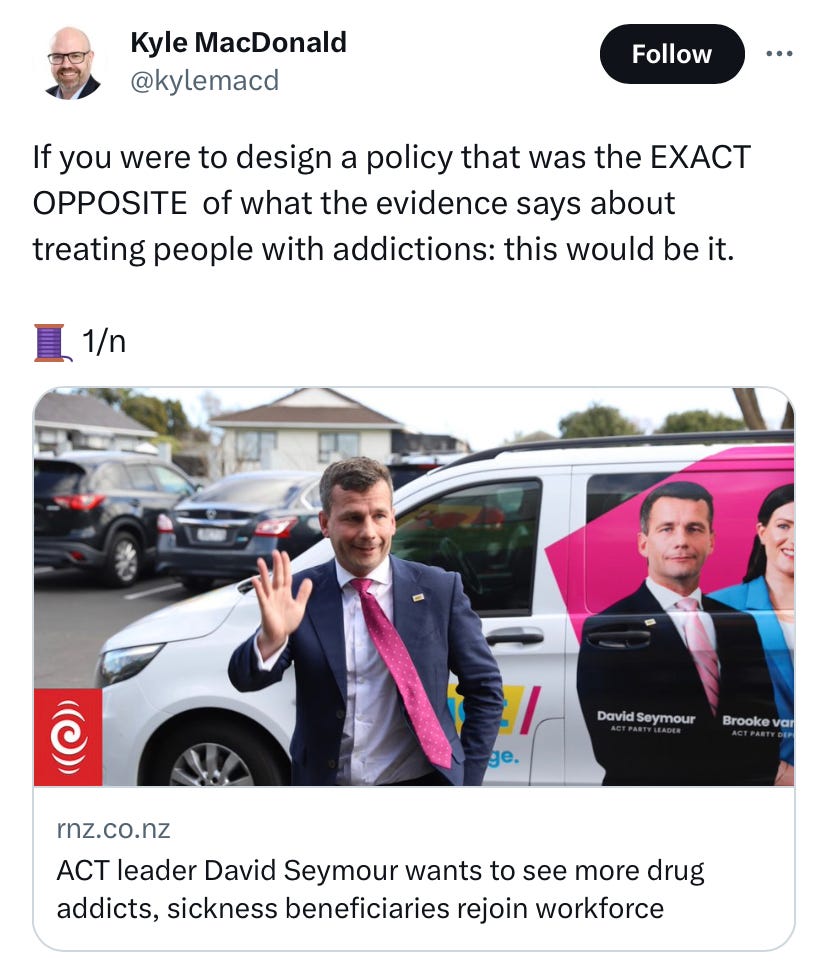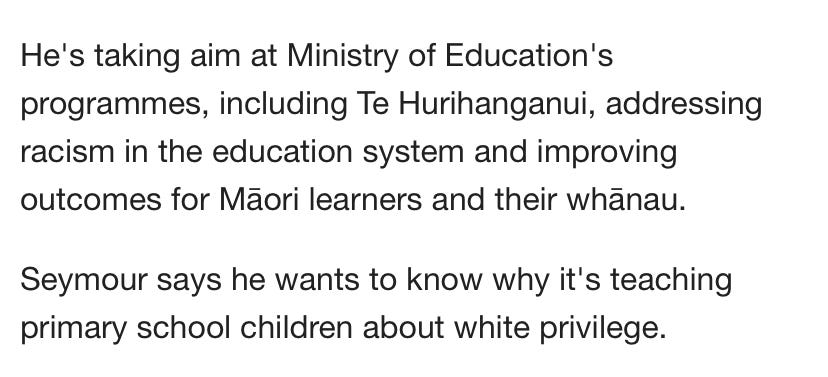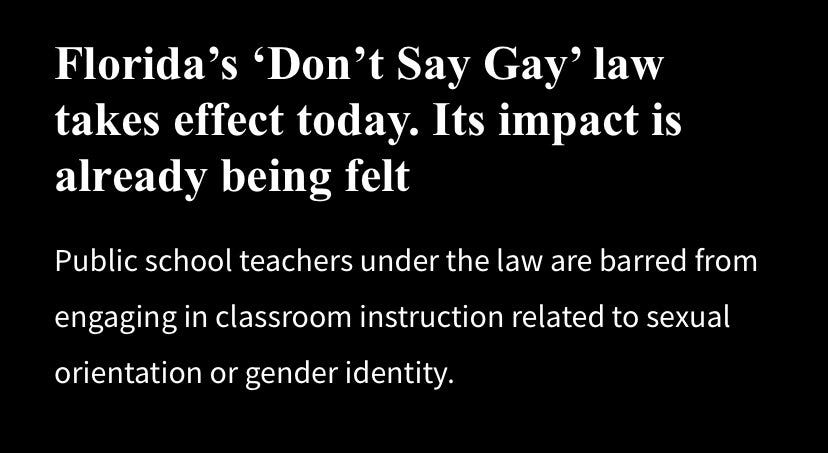The Battles We Don’t Suit Up For
Confession: I love The West Wing.
For me, it started a fascination not only with the process of governing but an eternal curiosity about the why of it - a need to understand the hearts of those who are driven to live a life of big moments - and the power to create those moments for others, for better or worse.
The US has proven not to be the “shining city on a hill” it constantly professes to be, but rather a lesson on what happens when belief in your own values does not match with your actions - stagnancy, tribalism without true connection and belonging, a lack of trust from the wider public and a dangerous instability of the system that holds everything up.
In Aotearoa, we have a set of values that I think we try to make sure our behaviour matches. But I also think we give implicit and overt permission to behaviour that doesn’t align with our values, and it’s been interesting to observe this as our election nears a decision point.
Something that we don’t do very well (but profess to) is centre vulnerable communities.
We say that we are taking them into account and then fail to consult adequately to ensure that voices from those communities are informing the table that decisions are made at. Worse, we fail to create space at the table itself.
It means that both in our policies and in the newsrooms that report on them, voices that should be heard are not.
This has been illustrated well in the last week with ACT’s dog whistle policy to “take a harder line on drug addicts and those on sickness benefits, including those who suffer from long-term stress.”
This policy has been panned by experts - but there has been limited reporting to explain this to the public.
Demonising beneficiaries is an easy way to generate an us vs. them mentality.
Generation of fear is to the benefit of the person selling that narrative. It deliberately erodes our values - and our norms.
There’s also a political tactic in play, famously executed by Steve Bannon, called “flooding the zone”.
The intent is chaos, with so much noise and outrage that the reach of it is larger.
Words are repeated verbatim - not challenged, given context or critique.
Journalists don’t have time to report on everything because there’s so much of “everything”.
Articles get shared by people who are able to add concern, context and critique - but could also reach those who may not have seen it otherwise - who are drawn to the original message.
Vulnerable communities are the first to be affected - and to sound the alarm.
They are also likely to not be clearly heard in the chaos, in the deliberate noise. Already under resourced, they’re forced into a defensive position from the outset, having to prioritise where attention goes.
Voters may react by absorbing the underlying intent - and promptly acclimatising.
We’re good at looking the other way, unless something directly affects us.
We’re also really good at being frogs in the pot - not noticing we’re at boiling point.
I think it’s important to remember that we are operating in the context of erosion of values, and targeting of vulnerable communities worldwide.
It’s important to remember there are people who want that - and who benefit from wanting that.
If we think about the real-life West Wing, the 2016 US election had a winning candidate who spoke about other people as if they were nothing, and no one called it out until he was elected.
The reaction from the Democratic Party was to be more careful, more conservative, less progressive. The frustration from some of their candidates with a history of advocating for vulnerable communities was palpable; the frustration from the vulnerable communities who were not spoken up for was also clear.
The result of the election of a candidate who ensured horror followed wherever he walked was that the policies he put in place caused massive, tangible harm that is still playing out today.
I think it’s worth noting National and Act both have stances that are similar to the policy that is creating untenable conditions in Florida.
I think it’s worth noting that there’s been limited reporting on the potential impact to vulnerable communities across the board as a result of the policy positions that have been announced, and those that may be yet to come as a result of values and behaviour that have been clearly displayed.
I think it’s worth noting that vulnerable communities are sounding the alarm.
If you’re thinking it can’t happen here, there is already a blueprint.
Toby Ziegler, the moral compass on The West Wing, once said “It's not the battles we lose that bother me; it's the ones we don't suit up for.”
There’s a brilliant line from an Ernest Hemingway novel which is something that Toby might use to describe the situation:
“How did you go bankrupt?"
“Two ways. Gradually, then suddenly.”
There’s a brilliant line from Maya Angelou which he might use to illustrate further:
“When people show you who they are, believe them the first time.”
There’s a brilliant line from James Baldwin which Toby might then use to show what we are at risk of losing by allowing fear to guide our policy:
“One cannot deny the humanity of another without diminishing one's own.”
The battles that we don’t suit up for aren’t always obvious. We don’t always notice that we’re already starting to boil.
That’s why it’s important to listen to experts and advocates, who use their knowledge and lived experience to see the future.
That’s why it’s important to expect those who lead us to stay true to values they say they have - and to show leadership in stepping up to the battles that threaten those values.
The leader in The West Wing is fictional - someone’s idea of a leader who is flawed but trying, who grapples with his power and the ways he is accountable to the people who voted for him - and who tries to create space for those who are not heard.
I’m not sure our candidates think about The West Wing as they go about the business of being elected, and I’m not sure that leadership is a quality that is being analysed so much as “they appear to have the numbers.”
I hope that we, that collective we that have the power to change lives for better or worse, are looking at the candidates, though.
I hope we are thinking about what we might need to suit up for.
“Every time we think we have measured our capacity to meet a challenge, we look up and we're reminded that that capacity may well be limitless.”







